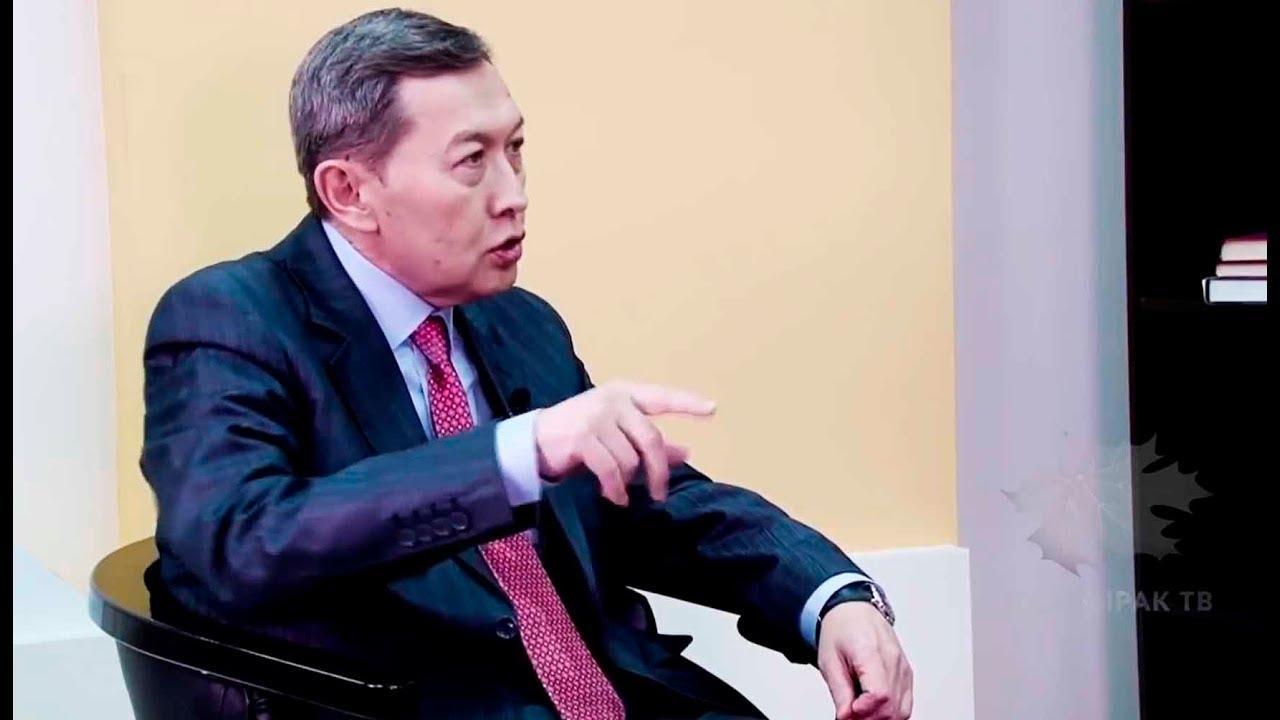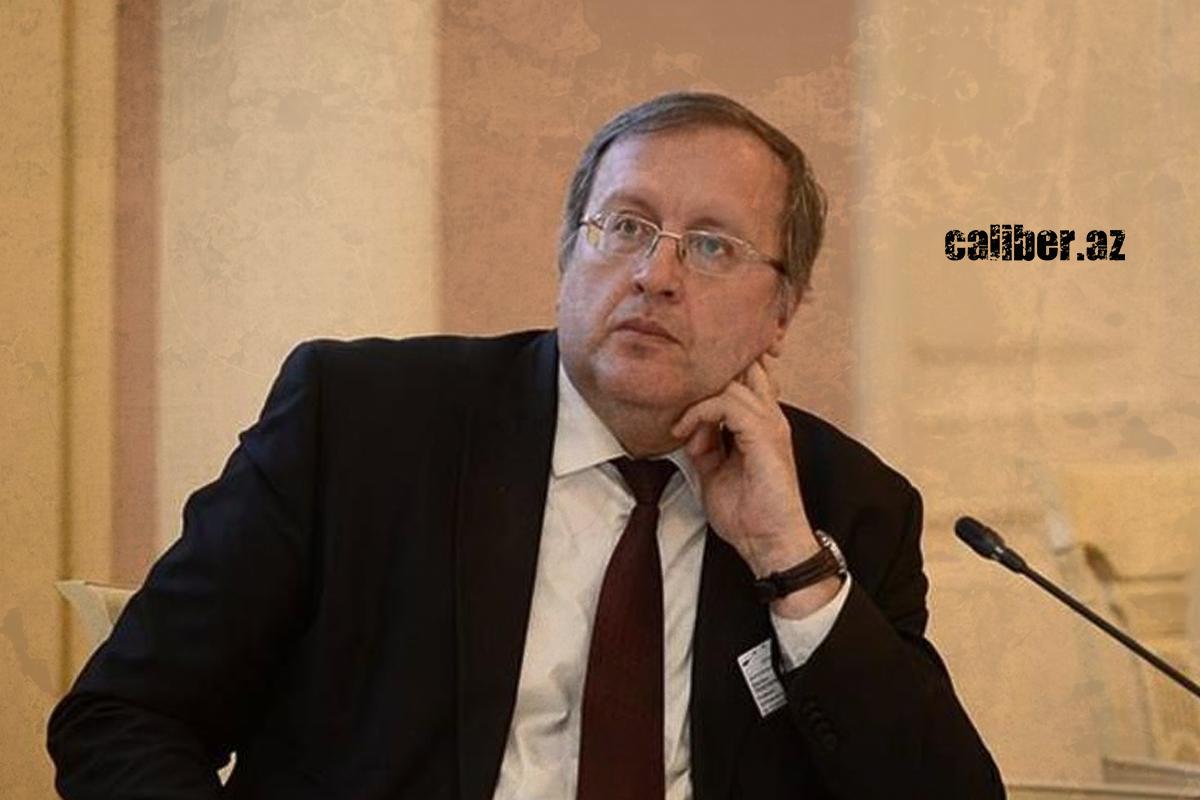France doesn't bother with Armenia, wants Russia out of region Pundits contemplate Yerevan's westward pivot
Many observers believe that Armenia is becoming a Western protectorate. In this regard, Moscow is urging Yerevan not to be deceived by the West into taking the wrong course, as the Russian Foreign Ministry said in a statement on the high-level meeting of the Armenia-US-EU format that took place in Brussels on April 5.
The Russian side sees this meeting as "another attempt by the collective West to drag the South Caucasus into a geopolitical confrontation".
"Irresponsible and destructive interference of extra-regional forces in the affairs of the South Caucasus, the desire to drive a wedge between the countries of the region and their neighbours can have the most negative consequences for the stability, security and economic development of the region, provoke the emergence of new dividing lines, as well as the uncontrolled growth of tensions. The West wants to turn Armenia into an instrument for the realisation of its extremely dangerous plans in the South Caucasus. We know that Washington and Brussels are seeking Armenia's withdrawal from the CSTO and the EAEU, as well as the withdrawal of the Russian military base and border guards, based on ephemeral promises. We urge the leadership in Yerevan not to be deceived by the West into leading the country down the wrong path, which would lead to a security vacuum, serious economic problems and an exodus of the population," the Russian Foreign Ministry said.
Is it therefore possible to believe that Armenia is not far from changing its foreign policy and becoming patronised by the EU and the US? Is this in the interests of the Armenian people? Will it happen inevitably, or is there a significant chance that some circumstances will prevent official Yerevan from doing so?
Caliber.Az asked foreign experts to help assess what was happening.

Professor Askar Dzhakishev, a Kyrgyz political expert with a PhD in historical sciences, noted that Armenia is becoming more and more like the "sick man of the Caucasus".
"The reluctance of Armenian leaders to sign peace agreements with Azerbaijan to end the three-decade feud has created a situation in which external actors in the region, who see their political interests in this simmering conflict, are intervening.
From the point of view of the political struggle to retain power in the republic, it is undesirable, even harmful, for the current Armenian leadership to take responsibility for the failure of the Karabakh campaign, which will be the basis for sending Pashinyan and his supporters into oblivion.
The articulated position of the Armenian leadership - neither peace nor war - gives Pashinyan a reprieve from the stalemate, for which active diplomatic consultations are being held with Western countries in search of new friends and allies, which the Armenian side believes will help it get out of the situation "without losing face", according to the professor.
He believes that all the major players may be unhappy with the activation of France, the new partner of Armenia in the region. Because everybody knows that the USA and Britain are behind France.
"For France, as for its NATO allies, the US and the UK, the main task is to push Russia out of the region. They are not interested in respecting the 'political face' of the Armenian leadership.
Thus, Pashinyan's political zigzags have not achieved the desired goals; furthermore, a trend has been set towards destroying the decades-old political balance of power in the region, which is fraught with armed aggravation in the Caucasus. It seems to me that only when the Armenian leadership is convinced of the futility of its expectations of the new Western partners can we expect a change in the position of the Armenian side," says Dzhakishev.

Stanislav Tkachenko, a Russian political scientist, Doctor of Economics, Professor at St. Petersburg State University, and Head of the Master's Programme in Diplomacy, believes that some representatives of the leadership of modern Armenia have undoubtedly changing the country's foreign policy orientation, choosing the European and Atlantic path, their ultimate goal.
"Graduates of Soros educational programmes, permanent recipients of EU grants and individual states of the collective West see their country's future in this course. I do not doubt that many of them are sincerely committed to the values of tolerance, inclusiveness and democracy. But not all.
Making this happen is a non-trivial political and technical task. The absolute majority of Armenian citizens are interested in domestic politics, while foreign policy issues are far from their minds. In general, Armenians are not bad towards Russians, so those of them who are still interested in diplomacy and foreign policy are not happy about this turn, at least they are cautious," says the doctor.
In his view, the current relationship between Russia and Armenia can hardly be characterised by the term "patronage". Rather, it is one of equal political and economic cooperation and security guardianship.
"It is this 'guardianship' that the US and EU are attacking. But so far they seem to be having little success. Even Euro-optimists in Armenia and beyond are seriously wondering what exactly the West wants from Yerevan after the meeting in Brussels on 5 April between Armenian Prime Minister Nikol Pashinyan, US Secretary of State Anthony Blinken and European Commission President Ursula von der Leyen produced so few officially announced results for Armenia. In Russia, the idea that they are creating tensions in the Caucasus region and on Russia's southern borders is gaining ground," the political analyst notes.
Whether this is in the interests of the people of Armenia is a question that only the people of Armenia themselves can answer.
"But it seems that nobody in Yerevan's power cabinets will ask them. Russia sees the national interests of all member states, including Armenia, in the integration projects in which Yerevan is involved (the EAEU and the CSTO). The CSTO provides security within internationally recognised borders, while the EAEU has created an 'internal market' of such a size that it can sell not only products currently produced in Armenia, but also those that will be produced after large-scale investments in Armenian industry, agriculture and services.
After studying several official statements by the Russian Foreign Ministry, I have the impression that Armenia may lose all these benefits in a short time if it continues its current policy of pivoting away from Russia. This is not in the Armenian people's interest," Tkachenko believes.
He says that diplomacy is needed to stop the negative trend of deteriorating Russian-Armenian relations.
"Now Russia is engaged in classic diplomacy through the Foreign Ministry, parliamentary diplomacy (meetings of MPs), economic diplomacy (development of energy, transport projects and tourism). At the same time, the idea that Armenia is not part of the Russian civilisation due to cultural and civilisational differences is becoming more and more popular in the Russian expert community, so there is no reason for our authorities to work hard to win the sympathy of Nikol Pashinyan and his inner circle. To quote a slogan from a famous film: 'What is dead may never die'. The most urgent task for Russia today is to understand whether bilateral relations with Armenia will survive the current crisis or whether this page of our history can be turned without regret," Tkachenko concluded.








